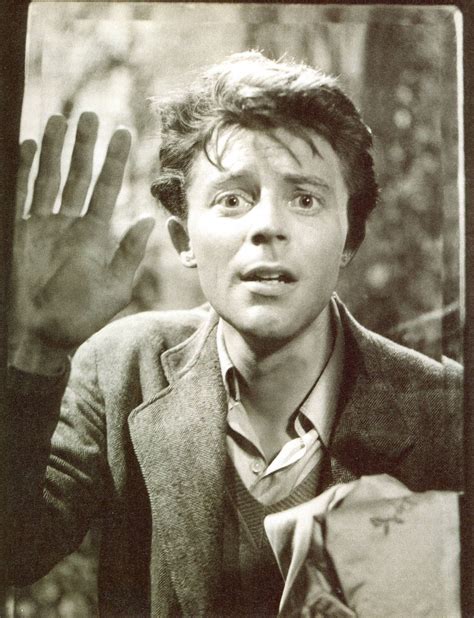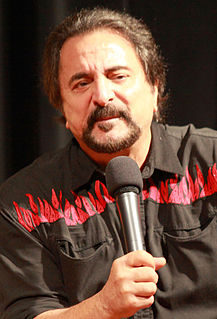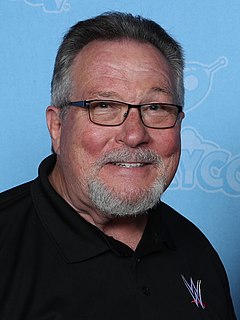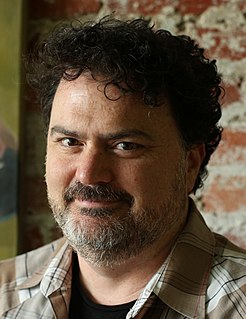A Quote by Philip Gerard
The habits of craft, developed day in and day out over a working lifetime, create moments of astonishment, sublime and magical effects, precisely because the writer is not thinking overtly about making art.
Related Quotes
If you’re thinking about coming to Tom Savini’s Special Make-Up Effects Program just STOP. Stop THINKING about it and just DO it. Aren’t we talking about making your dreams come true? Our students’ attitude is ‘This is school?’… because they are having so much fun every day doing what they love… and… they get a degree!
It's just one of those things. When you're a wrestler you're thinking about one guy, yourself, your character and whatever guy it is you're working with. When you're a writer and you're kind of in a booking type role, you're thinking about the entire roster so you're thinking about wrestling 24 hours a day.
Regimes are modes of self-discipline, but are not solely constituted by the orderings of convention in day-to-day life; they are personal habits, organised in some part according to social conventions, but also formed by personal inclinations and dispositions. Regimes are of central importance to self-identity precisely because they connect habits with aspects of the visible appearance of the body.
As every writer knows... there is something mysterious about the writer's ability, on any given day, to write. When the juices are flowing, or the writer is 'hot', an invisible wall seems to fall away, and the writer moves easily and surely from one kind of reality to another... Every writer has experienced at least moments of this strange, magical state. Reading student fiction one can spot at once where the power turns on and where it turns off, where the writer writes from 'inspiration' or deep, flowing vision, and where he had to struggle along on mere intellect.
There is no real scientific debate over what is happening; of course there is debate over exactly how it is going to play out in the decades ahead, because this is a large experiment that we haven't done before, and no one knows precisely how one can ever precisely predict what effects this heat will have. But all the science in the last few years, or almost all of it, really serves to show that the effects are larger and more rapid than we had thought even a decade ago.
When I'm shaving, I'm thinking about what I need to accomplish that day. If it's game day, I'm thinking about schemes, thinking about my matchup for that game. If it's practice, I'm thinking about what film we're going to watch. Or if it's a recovery day, I'm thinking of what body parts are aching and what I want to work on.
If you loved everything you were writing, you would be deluding yourself or a complete and absolute narcissist. It's not about liking what you write, it's about improving with every word, little by little, exploring your craft, becoming the artist you hope to be one day. And you can only do that by working at it every day. It doesn't happen overnight, it doesn't happen over a weekend, it is a lifelong pursuit.
Oh yeah - you have to write every day. Or every weekday. Because writing is a job. It's not eureka moments over and over. It's grueling work, panning for gold. You just keep at it and eventually you get a few grains. Or flakes. Or whatever gold looks like in rivers. Or maybe it's like fishing. Who cares? You just have to do it every day because you never know which day is going to be your productive day.
To this day, to this very day, except for television, I've never had a writer. Anything I've ever done on the stage, happened on the stage and I developed it from there. It started doing impressions and jokes - which I did very poorly. To this day I can't tell a joke. That sounds nuts, but it's true. I exaggerate it and it becomes a joke. Everything I've ever done I've done out on the stage and it became a performance over many many years.
































